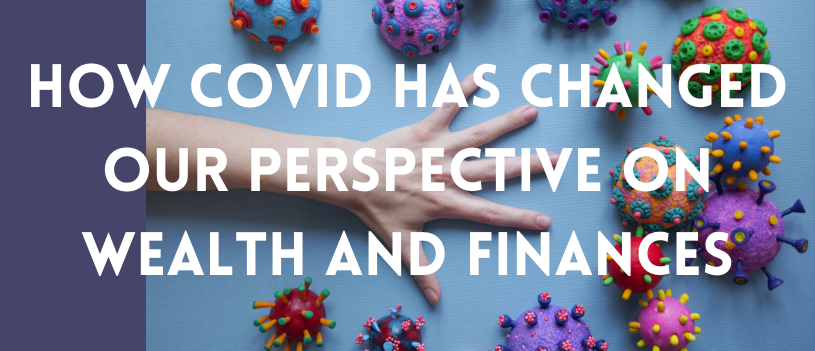According to CPA Practice Advisor, Charles Schwab did a survey called, 2020 Modern Wealth Survey, in which they analyzed the wealth, spending, saving, and investing of Americans. They surveyed 1,000 people in January of 2020 and then again in June of 2020, which gives a good perspective of people’s financial states before and after the pandemic started. It reported that about 57% of Americans were financially affected by the COVID-19 pandemic. While most of these would be labeled as negative impacts, there is a good thing that came out of these negative effects as well such as the improvement of financial behaviors.
Due to the financial stress, 36% of people who responded to the survey stated that they would try to be more prepared in the future for financial emergencies by increasing their savings; while on the other hand, 40% stated they would be likely to save more in general now. Some other survey statistics included:
- 24% stated they would like to be better prepared with a financial plan.
- 30% are more apprehensive about investing.
- 19% are more likely to invest.
- 22% would like to start investing now.
- 25% feel confident about their financial futures (down from about 33% in January 2020).
The great thing that they have been seeing based on these results is an overall increase in people trying to take responsibility for their finances and seek more guidance.
COVID-19 Recalibrates American Financial Ambitions
Overall, Americans have changed their thoughts greatly on how much money they believe it takes to be financially comfortable than before the pandemic. The value of money in American’s eyes is changing greatly. Net worth for comfort has decreased around 30% since January. Another belief that has changed is the amount of net worth/assets equate to wealth, which has decreased by a massive 23%.
Financial Stress is on the Rise, Especially Among Millennials
Financial stress is on the rise through all generations. However, this survey showed that Millenials are the generation that has been the most financially stressed (even before the pandemic, but more so now), whereas the Boomers are the least stressed and affected generation. Overall, Americans are about 15% more worried than they were at the end of 2019. According to the survey, since the start of the COVID-19 pandemic, 30% of people said that they or a member of their family had their salaries or hours cut (41% being millennials), and an unfortunate 25% have been affected by furloughs or layoffs.
Relationships and Health Remain the Biggest Drivers of Overall Happiness
The greatest thing to come out of this pandemic is the continued understanding of the importance of family and relationships. Americans say that the number one factor of happiness in their lives is relationships which is closely followed by health in second and money in third. While money plays a role, it continues to not be the main role in our happiness.
